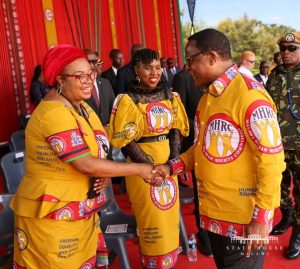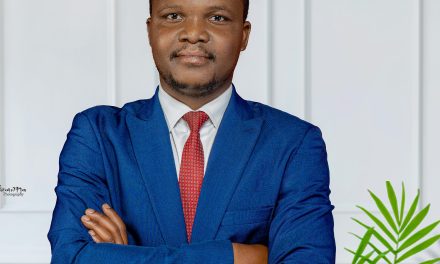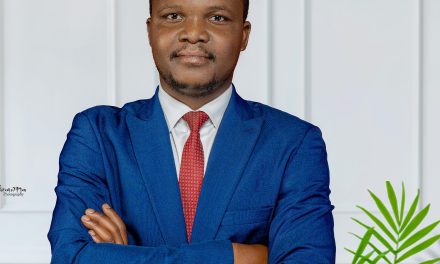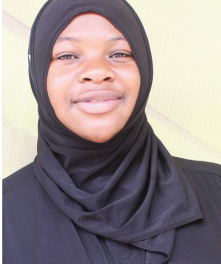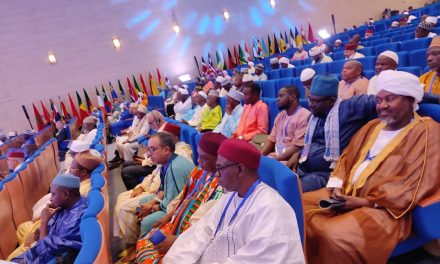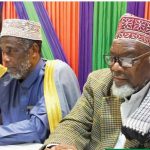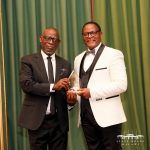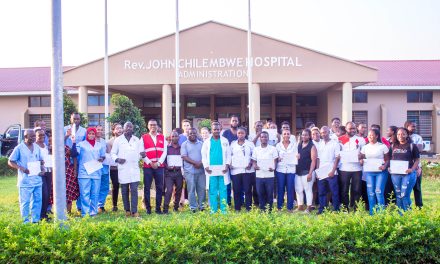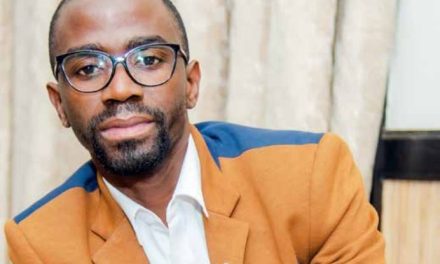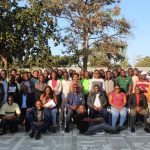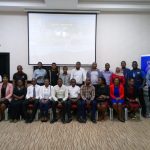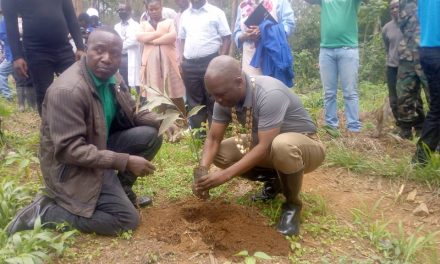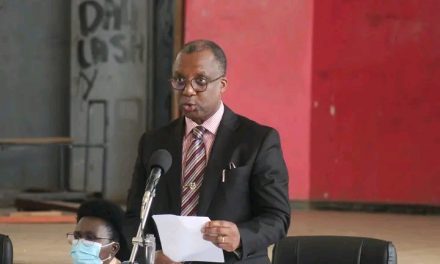
Private Sector Urged to Promote Human Rights.
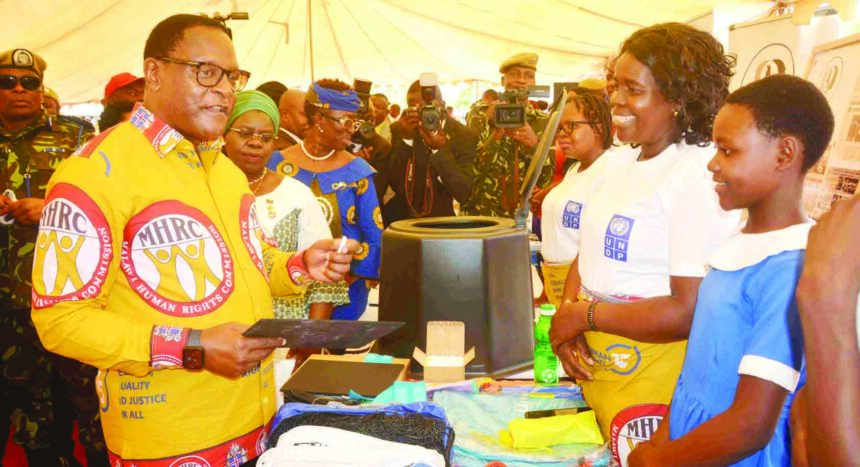
In a noteworthy development on the international stage, President Lazarus Chakwera has called upon the private sector to take an active stance in advancing human rights in Malawi.
The president’s impassioned plea came to the forefront during the commemoration of International Human Rights Day at Chigumukire Primary School Ground in Chileka, Blantyre on 11 December 2023.
Highlighting the critical role that financial backing from the private sector could play, President Chakwera underscored the urgency of supporting the Malawi Human Rights Commission (MHRC) in addressing pressing human rights issues within the country.
This appeal reflects a concerted effort to foster collaboration between the government and the private sector for the greater cause of human rights advancement in Malawi.
“In acknowledging the Malawi Human Rights Commission’s concerns regarding insufficient funding impeding their crucial work in addressing human rights issues, I emphasize the imperative of collaborative efforts. Together, we must unite to ensure the protection and promotion of human rights for all,” President Lazarus Chakwera said.
He added that the private sector shares the responsibility of addressing human rights concerns and urged them to support key governance institutions, including MHRC, the Legal Aid Bureau, and the Anti corruption Bureau (ACB).
“As we strive to promote and protect human rights, our government remains steadfast in its commitment. We are actively enhancing accountability and transparency by fortifying oversight bodies and strengthening public institutions, ensuring a resolute defense of human rights in our nation,” Chakwera explained.
He expressed delight in Malawi’s international recognition, citing recent re-election to the United Nations Human Rights Council and maintaining a status as a top human rights adherent.
President Chakwera also emphasized the importance of creating opportunities for others, especially those with more disposable income, urging them to contribute to the support of education and human rights.
“In our pursuit of a just and equitable society, I advocate for a comprehensive review of legislations, including the Child Protection and Justice Act, Prevention of Domestic Violence Act, and Disability Act. Simultaneously, we stand committed to addressing the challenges posed by climate change, recognizing its potential to exacerbate human rights infringements,” Chakwera said.
Rebecca Adda-Dontoh, the United Nations Resident Coordinator for Malawi, commended the Chakwera led administration for its strides in advancing justice and equality in the country.
She praised the president for creating an enabling environment for the protection of marginalized groups, including women, children, the elderly, and refugees.
Maggie Kathewera Banda, Executive Director of Women’s Legal Resources Centre (WOLREC), urged President Chakwera to facilitate the introduction and passage of new laws in Parliament to ensure fair representation of women in elected positions.
She also called for a review of the NGO Act to align it with Human Rights Principles.
“As a country there is a need of outlining the importance of increased female representation in Parliament and local government structure, especially as the country approaches the 2025 elections,” Banda emphasized.
Inga Petursdottir, Head of Mission at the Embassy of Iceland, congratulated the Malawi government for its re-election to the United Nations Human Rights Council. She appealed for concerted efforts among local and international communities to advance the promotion of human rights, peace, and justice.
The event, held under the theme ‘Freedom, Equality, and Justice for All,‘ aimed to promote human rights and encourage collective action towards a more just and equal society.
